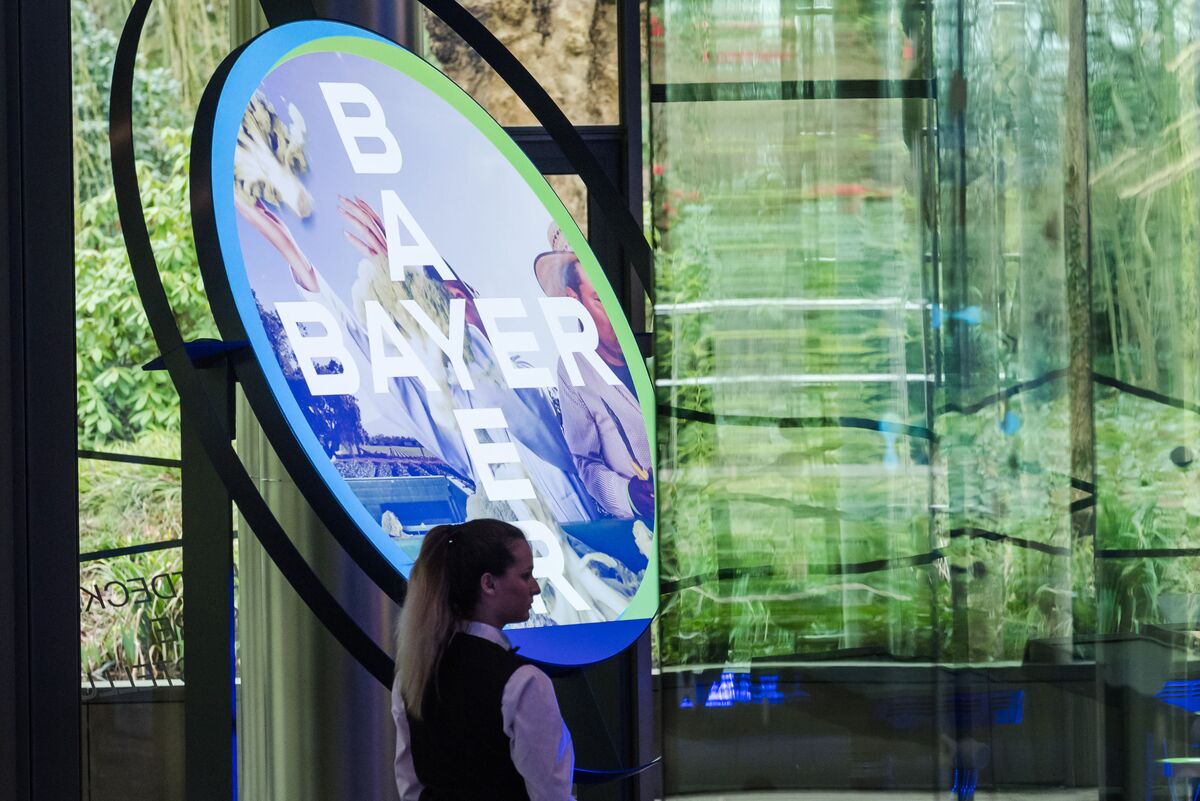Bayer AG has received approval from the United States Food and Drug Administration (FDA) for its new drug Hyrnuo, aimed at treating a prevalent form of lung cancer. This approval marks a significant step for the German pharmaceutical company as it seeks to enhance its drug pipeline and address critical health needs.
The FDA cleared Hyrnuo for use in adults diagnosed with non-squamous non-small-cell lung cancer (NSCLC) whose tumors are either advanced or have metastasized and exhibit mutations in the HER2 gene. This gene, while commonly linked to breast cancer, has shown to play a role in certain lung cancer cases as well. The decision underscores Bayer’s commitment to developing targeted therapies for challenging oncological conditions.
Hyrnuo’s approval has been granted through an accelerated pathway, which allows for faster access to medications that address unmet medical needs. This pathway implies that Bayer may be required to conduct additional clinical trials to substantiate the drug’s efficacy and safety in the long term.
The significance of this development extends beyond Bayer’s corporate ambitions; it holds promise for patients grappling with advanced lung cancer who may have limited treatment options. The approval could lead to improved outcomes for individuals whose tumors harbor specific genetic alterations, providing new hope in a challenging treatment landscape.
Bayer’s latest achievement aligns with a broader trend in oncology, where precision medicine is increasingly shaping therapeutic strategies. As the company navigates the complexities of drug development, the focus on targeted therapies like Hyrnuo reflects a growing understanding of the genetic underpinnings of cancer.
Analysts anticipate that Hyrnuo could play a pivotal role in Bayer’s portfolio, potentially contributing significantly to its revenues in the coming years. The drug’s entry into the market is expected to bolster Bayer’s position within the competitive oncology sector.
As healthcare stakeholders await further details on Hyrnuo’s clinical performance, the approval represents a critical milestone in Bayer’s ongoing efforts to innovate in cancer treatment. The company now faces the challenge of ensuring that the drug’s potential translates into tangible benefits for patients and healthcare providers alike.







































































